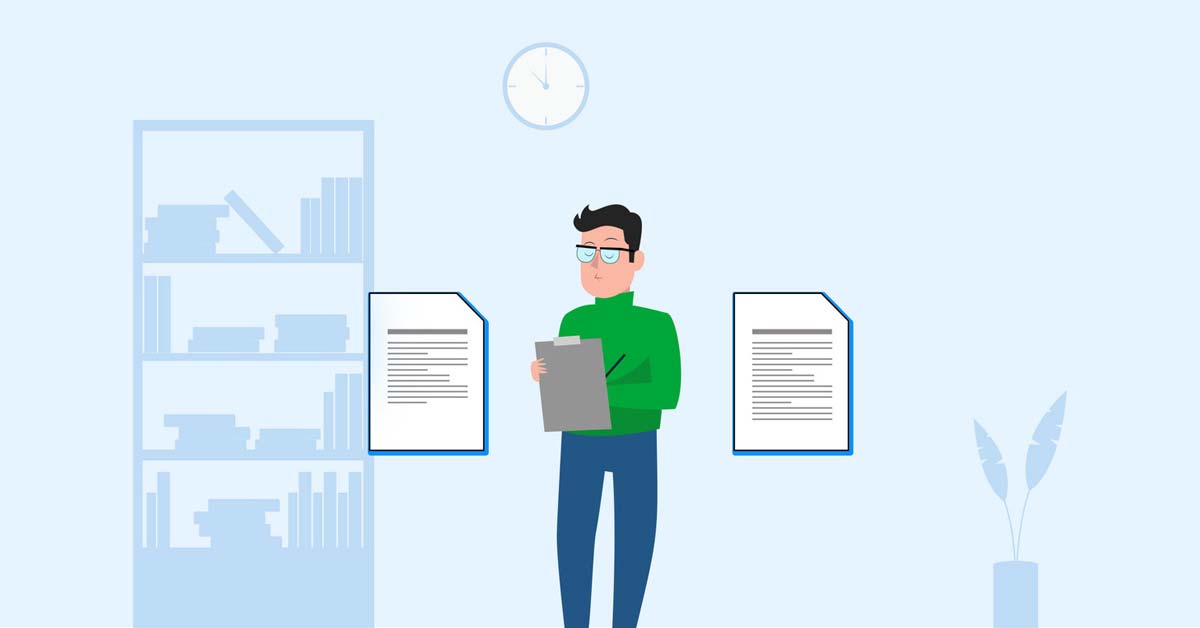The peer review system is the engine that keeps the scholarly journals functioning properly, ensuring the publishing of quality articles and enhances the quality of literature. Scientific publication particularly relies on the peer review process, as the reviewer is expected to analyze the manuscripts thoroughly, effectively, and in a consistent manner.
Previously, there wasn’t formal support or training for a new peer reviewer, but in recent years with the development of free resources and open training opportunities by huge publishers and societies, the trends are shifting. Publishers/ platforms like Sense About Science, ACS Reviewer Lab, Elsevier’s Research Academy Certified Peer Review Course, the Wiley Reviewer Academy are providing peer review education for early career researchers. Just last year, the first peer-review certification program was launched for physical sciences, by the Institute of Physics (IOP) publishing that started a discussion about peer-review ethics. Laura Feetham, a Reviewer Engagement Manager at the IOP peer-review certification program answered questions in this regard inquired by Alice Meadows at Scholarly kitchen. Some of the questions she inquired about are highlighted here.
While answering a question about the reason behind the development of the “peer review e-learning hub” she informed about their Peer Review Motivations Survey and in-depth interview that they conducted to inquire early career researchers about the improvements they feel are needed in the peer-review process.
The major findings of which were; boost in reviewer’s competency by a comprehensive and reliable training program, work recognition by others, and improved feedback from editors regarding reviews. Thus, this training and certification program was set in motion to give confidence to the reviewer.
The training hub is designed to improve the process of peer-review at every level, be it reviewer, authors, readers, or editors. Their short-term target is to implement a mechanism for reviewers to get feedback on their reports, improving recognition and exposure for talented Reviewers, and also ensure worldwide access to this hub for training of peer reviewers. This training program is so well received globally that within a month of the launching, over 400 researchers have enrolled worldwide, and almost one-quarter of those have graduated successfully. They are hopeful to launch 20 similar workshops online, during the year 2021, because of the magnificent positive feedback received from the community, all across social media.

Laura Feetham elaborated about publication ethics by mentioning that with the rise in scientific output worldwide, there is an increase in publication misconduct, and the peer reviewer has a critical role in protecting the integrity of the scientific record, by calling out the publication misconduct when they sense one. Therefore, the e-learning hub’s peer review training program was designed to train the reviewer about different types of misconduct, how to identify them, data fabrication, and duplication or manipulation of images.
She revealed about the ethical challenges that are common in the peer-review process are misconducts like plagiarism, data fabrication, unethically conducted research, paper mills, picture or image manipulation. The solution she said lies in the identification of these problems during peer-reviews to avoid contamination or ‘polluting’ of published literature.
Keywords:
peer review, peer reviewer, peer-review ethics, IOP peer-review certification program, research ethics.

COMMENTS